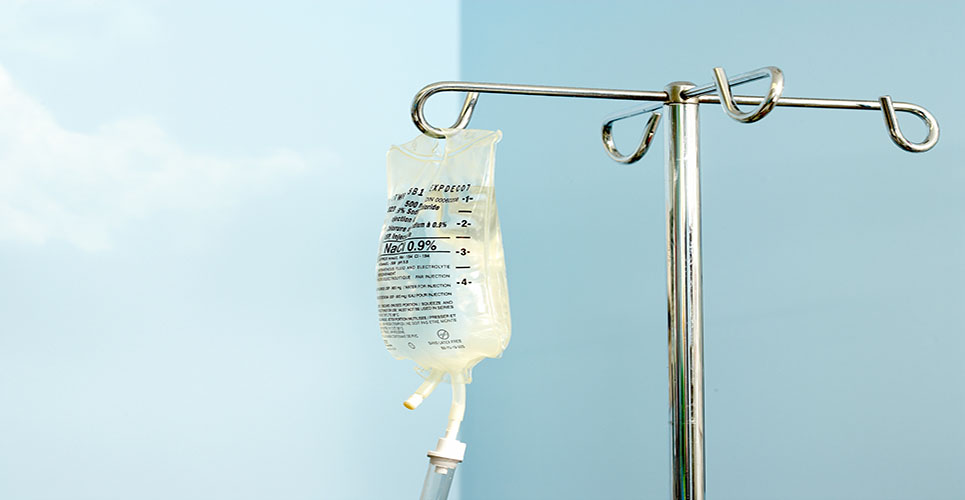teaser
A new antibiotic designed to fight increasingly-resistant superbugs found in hospitals has been announced by research-based pharmaceutical firm Janssen-Cilag.
Doribax will treat complicated intra-abdominal infections, as well as nosocomial pneumonia and ventilator-associated pneumonia.
The broad-spectrum, IV antibiotic has also been engineered to tackle a wide range of Gram-positive and Gram-negative pathogens as resistance increases throughout Europe.
Potentially life-threatening infections such as pseudomonas aeruginosa are a particular problem, as there are relatively limited antibiotic options available.
Patients who acquire an infection in hospital are seven times more likely to die in hospital than uninfected patients, and they cost the NHS an estimated £930 million a year.

Dr David Livermore, director of the Health Protection Agency’s Antibiotic Resistance Monitoring and Reference Laboratory (ARMRL), said: “These carbapenems are powerful weapons against severe hospital infections, and the development of new antibiotics in this class is critical to the fight against resistance – along with good infection control and appropriate use of all antibiotics, old and new.”
Dr Robert Masterton, consultant microbiologist at Crosshouse Hospital, Kilmarnock, said: “These drugs promise to deliver real patient benefits, particularly in severe sepsis, which are to be welcomed, and so will help maintain our armoury of weapons against such pathogens.”
Copyright PA Business 2008
Doribax
Your comments:(terms and conditions apply)
“What is the advantage of doripenem compared to meropenem?” – Ingrid Brännström, Hospital pharmacy Luleå, Sweden
Editor’s reply: Our expert tells us that there is no comparative data available, however, doripenem has a unique side chain that may confer its high level of in vitro activity against a wide range of pathogens, including P aeruginosa. In addition, it does not need to be administered with a renal dehydropeptidase inhibitor such as cilastatin. If you have any more information to add, please comment below.

